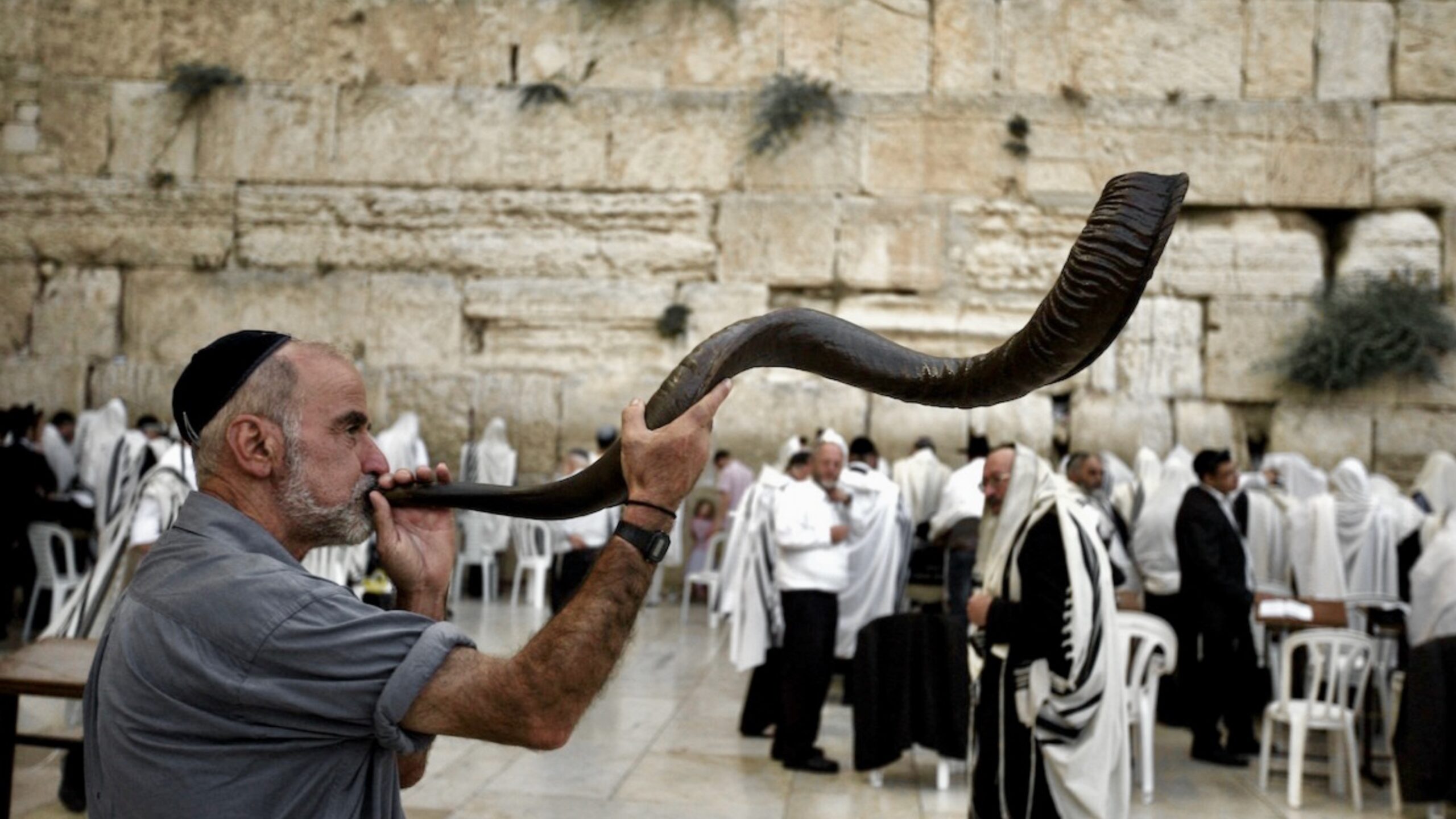Each year, the end of summer means the Jewish High Holy Days are just around the corner. Rosh Hashanah (Jewish New Year), Yom Kippur (Day of Atonement), and Sukkot (Feast of Tabernacles) are upon us. These Fall feasts are very meaningful to the Jewish people and have great significance, prophetically speaking. When we look at Leviticus 23, we can see all the feasts of the Lord given to the children of Israel in a particular order. All six feasts (or seven feasts, since some people separate Passover and Unleavened bread) are called yearly convocations and are divided into two distinct categories:
Spring Festivals
• Pesach – Passover: Leviticus 23:4-8
• First Fruits: Leviticus 23:9-14
• Shavuot – Pentecost: Leviticus 23:15-21
Fall Feasts
• Rosh Hashanah: Leviticus 23:23-25
• Yom Kippur: Leviticus 23:26-32
• Sukkot: Leviticus 23:33-44
We can also derive a prophetic significance from these festivals, as they pertain to the redemptive career of Yeshua the Messiah. This can be both a blessing AND a curse depending on how we establish the prophetic connection and how much we assume. The study of biblical prophecy can suffer from friends and foes, and yet, it is critical that as modern-day disciples of Yeshua, we study the prophetic words of the Bible. The connections exist, and they are strong…





